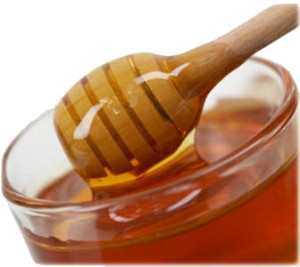Maybe this is why few read the Atlantic anymore: because they keep reinventing stuff as news when it’s not.
This time, it’s the risk of infant botulism, and why children under 1-years-old shouldn’t eat honey.
According to James Hamblin of The Atlantic, around 10 percent of honey in the U.S. contains spores from the bacteria Clostridium botulinum. That’s not really a  problem for big humans because it’s just the spores, not the botulinum toxin. In infants (humans less than 13 months old), though, those spores can turn into botulinum toxin in their intestines.
problem for big humans because it’s just the spores, not the botulinum toxin. In infants (humans less than 13 months old), though, those spores can turn into botulinum toxin in their intestines.
Infant botulism can mean anything from subtle changes in muscle tone to so-called “floppy baby syndrome” to “sudden, unexpected death.” None of this is common, but it’s been repeatedly documented and established that infant botulism from honey does happen. It’s not common for kids to get eaten by alligators, either, but that doesn’t mean you let your baby live with an alligator family. Unless you do. (that would be the witty Atlantic version of grabbing the reader’s attention).
A study last week in the journal Pediatrics found that of 397 parents of infants in the Houston area, 11 percent reported using honey-pacifiers with their infants. That means buying pacifiers that contain honey, which are still sold. Some actually contain corn syrup instead of honey — even if they’re still sold as “honey pacifiers” but that too can contain botulinum spores.
Most of the parents (81 percent) at the clinic where this study took place were Hispanic, most indigent and of Mexican descent. The parents said they use the honey pacifiers either out of tradition, because the infants seem to prefer them, and/or because they felt there were health benefits (e.g., “helps with constipation or colic”).
